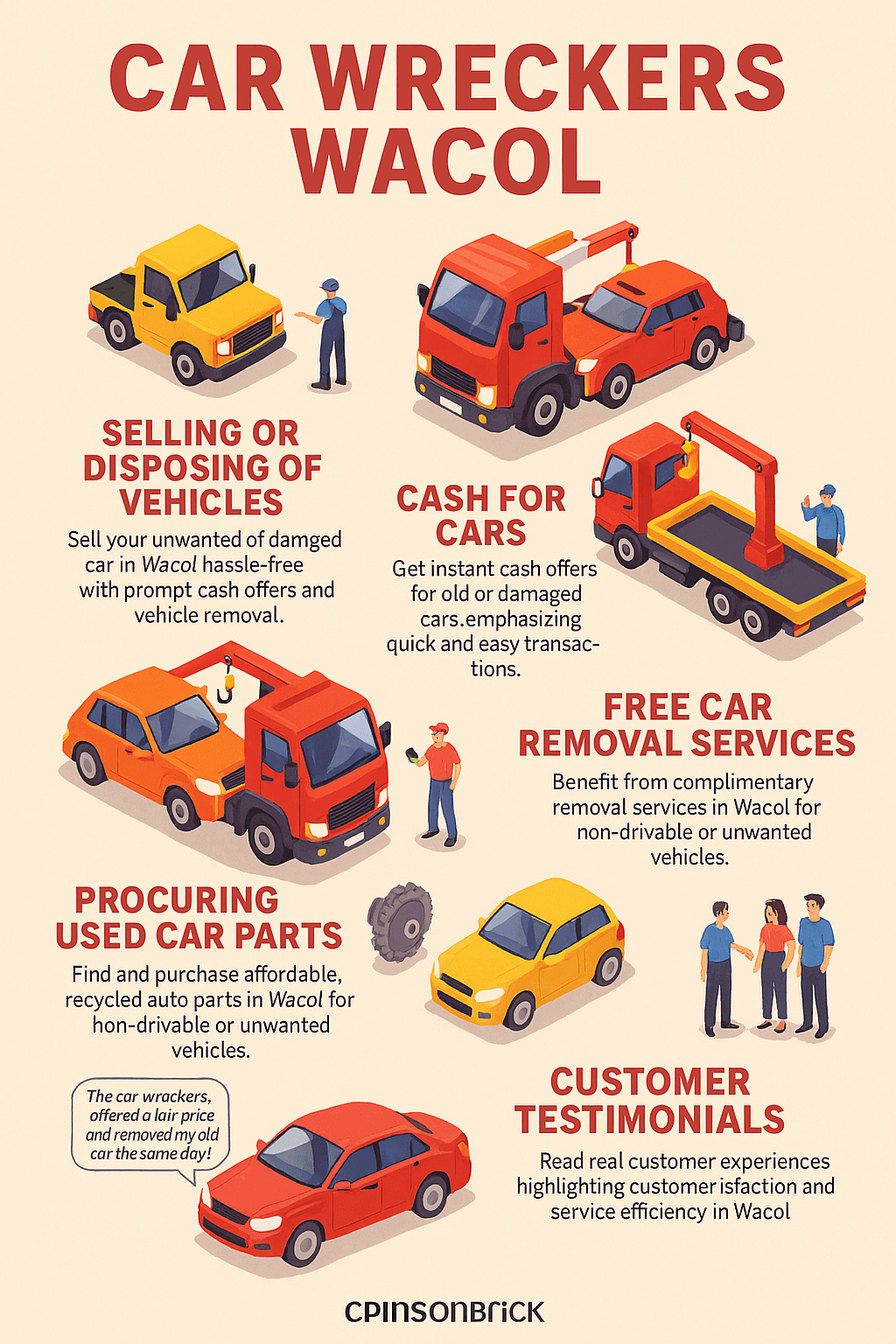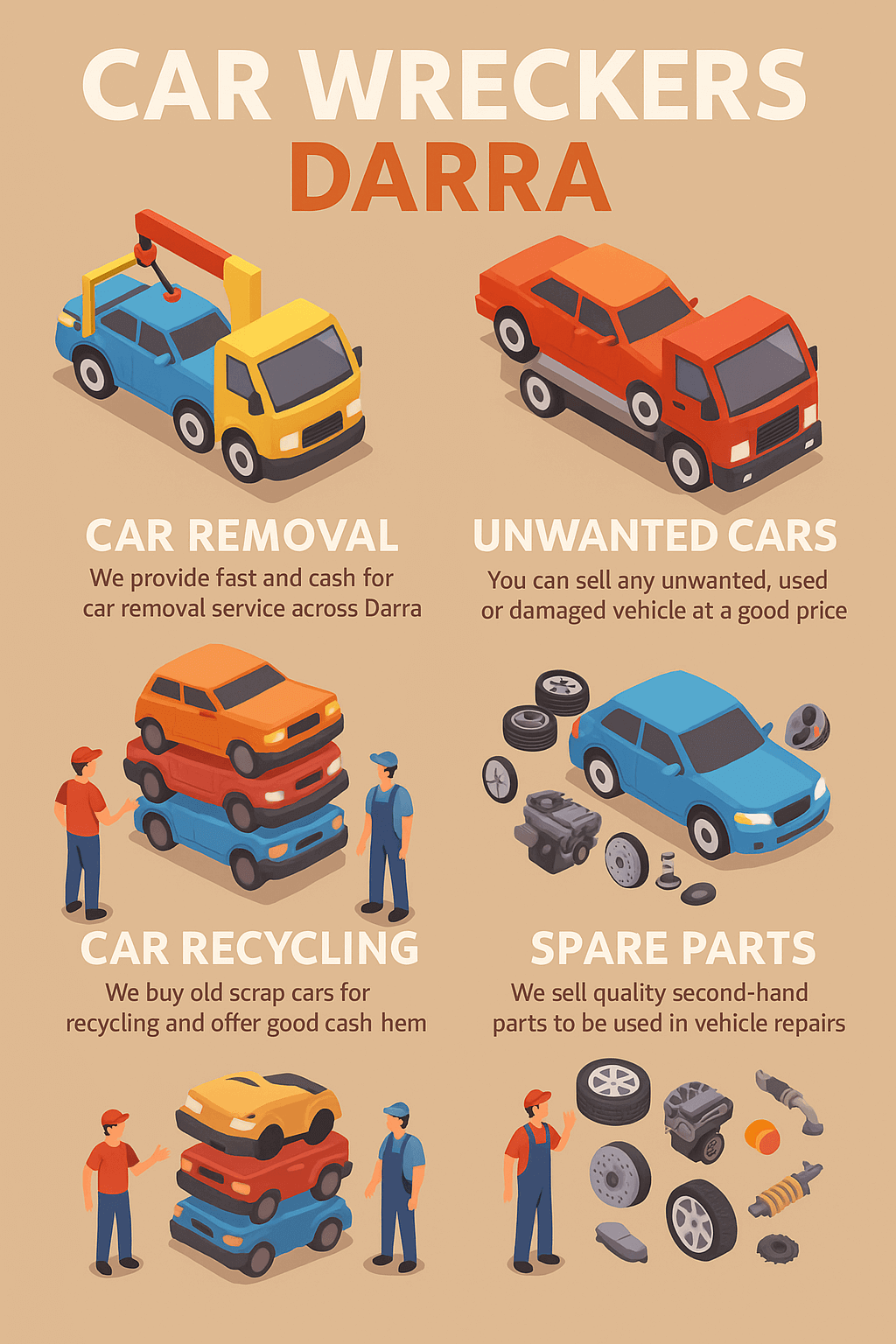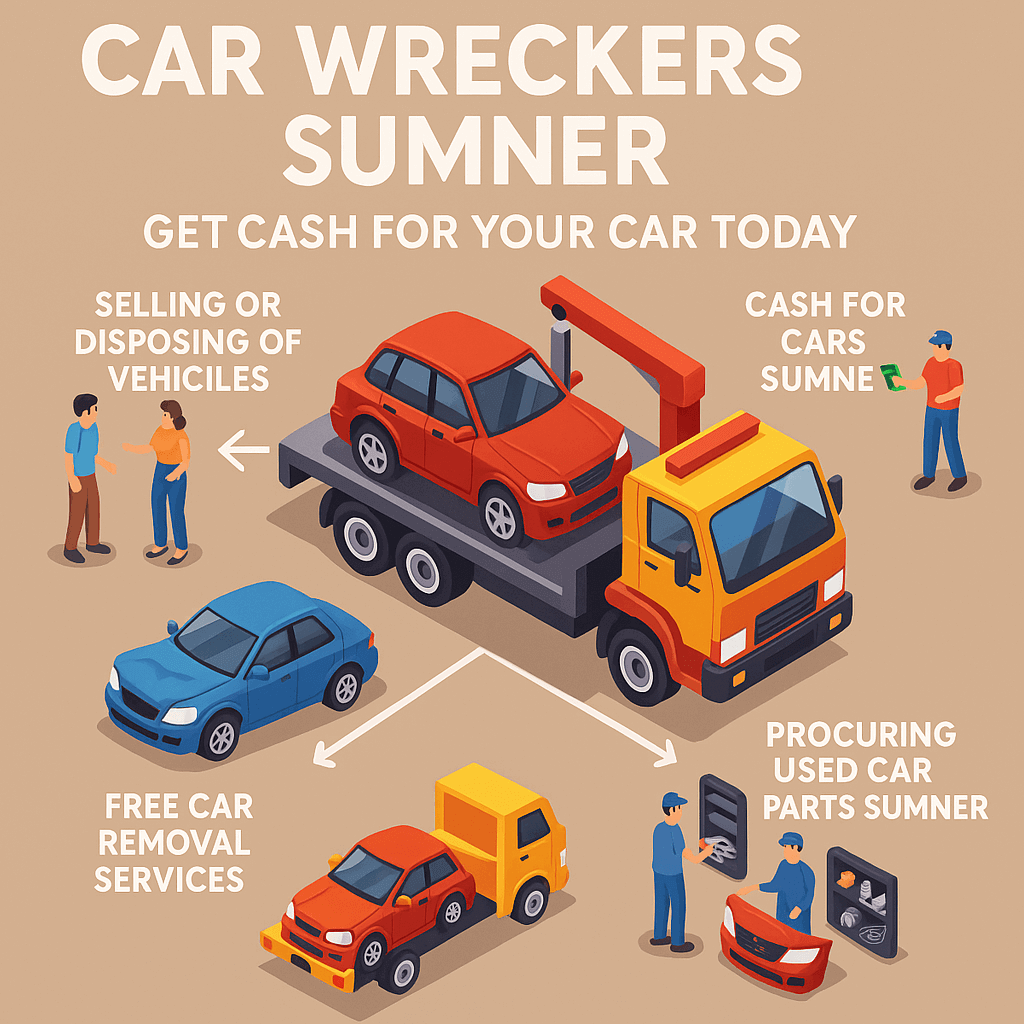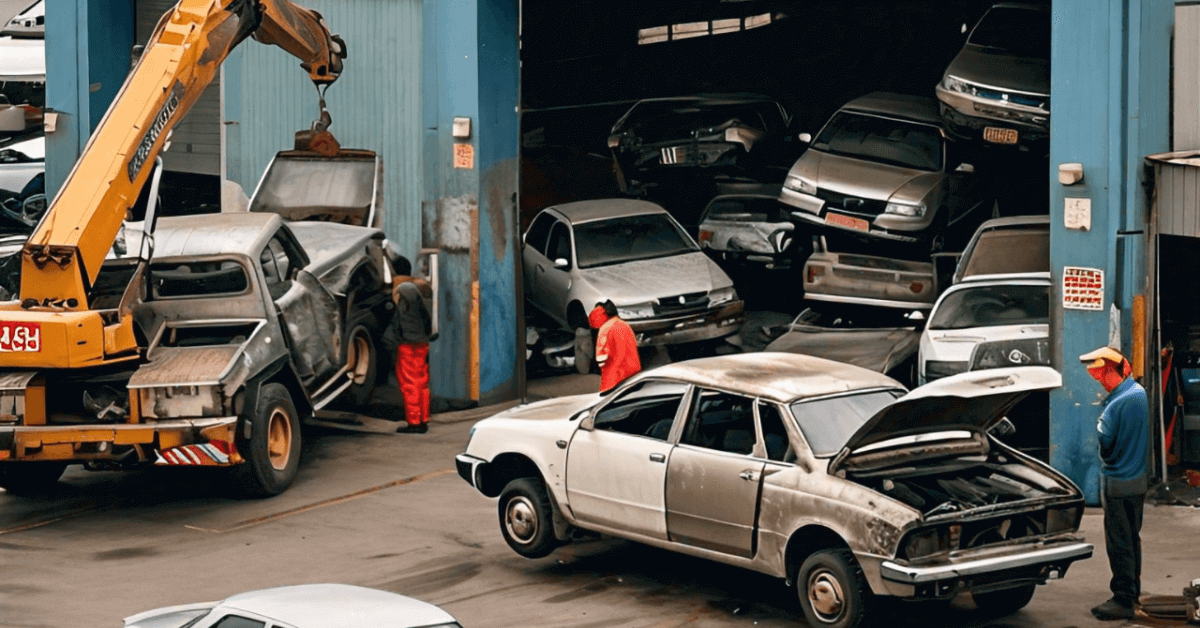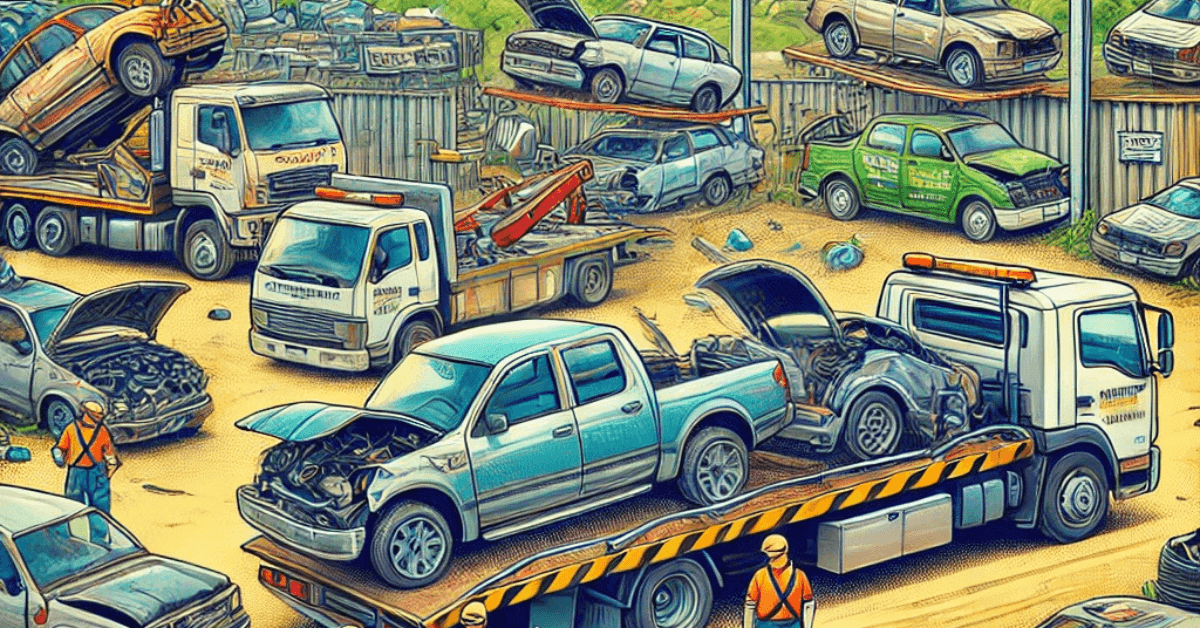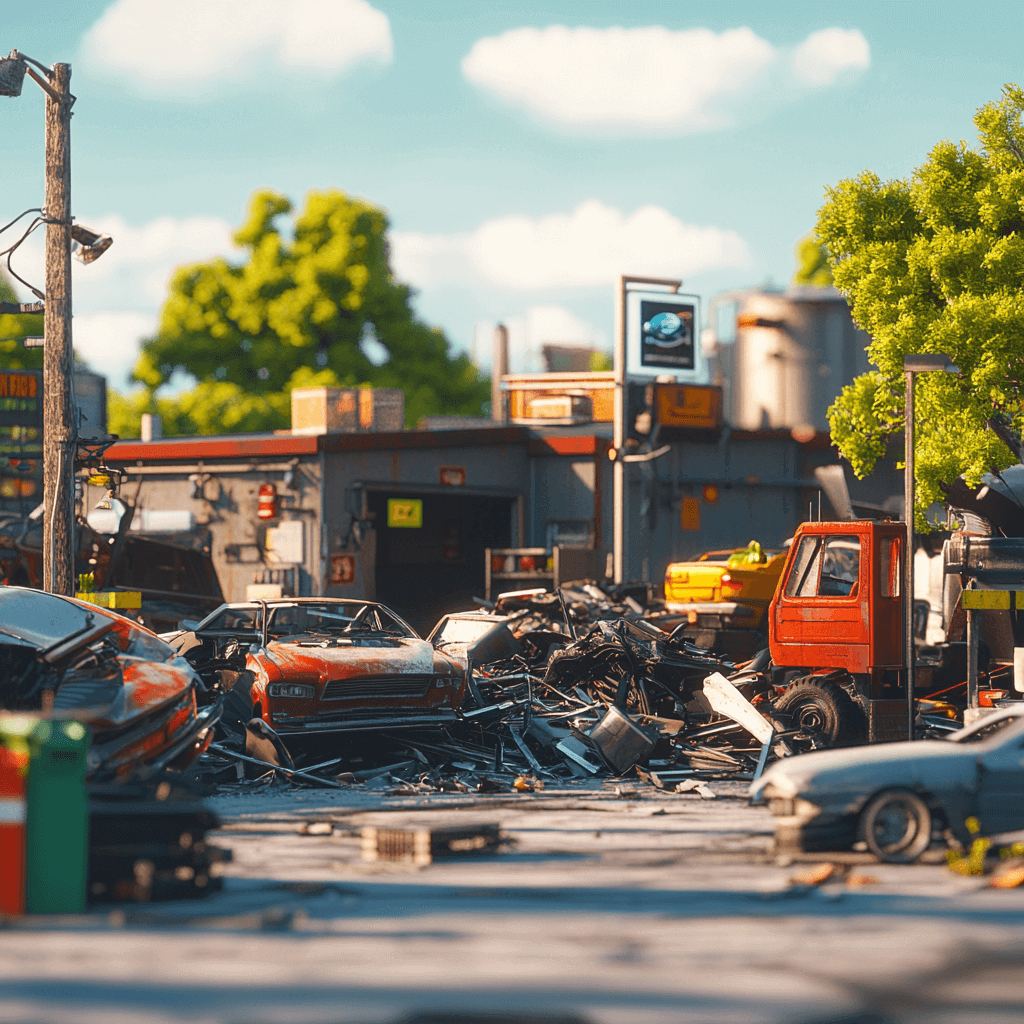Car Wreckers for Salvage Vehicles
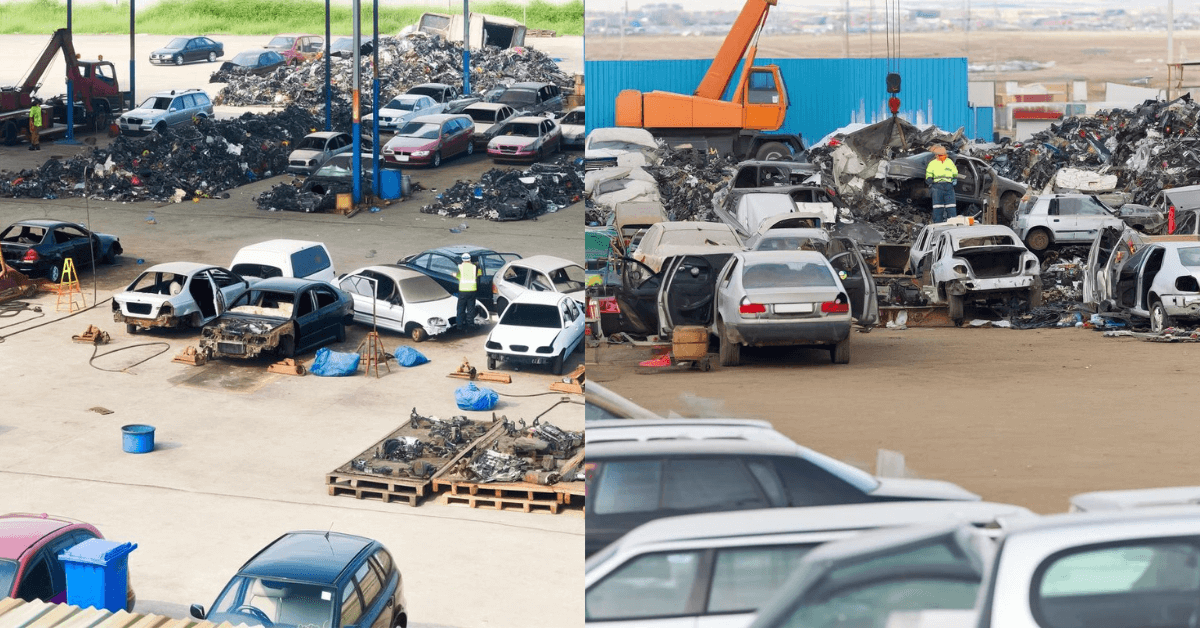
The idea of salvage cars and auto wreckers has become very popular in today’s eco-aware society. Car wreckers, also known as auto dismantlers or recyclers, play a crucial role in salvaging no longer roadworthy vehicles. This article delves into the world of car wreckers for salvage vehicles, exploring their operations, benefits, and tips for those looking to utilize their services.
What Are Salvage Vehicles?
Salvage vehicles are automobiles that have been damaged to the extent that the cost of repairs exceeds their market value. These can include automobiles in collisions, those harmed by fires or floods, or older cars that are no longer safe to drive.
The Role of Car Wreckers
Salvaging Process
Car wreckers utilize specialized equipment and expertise to dismantle salvage vehicles efficiently. They carefully extract usable parts such as engines, transmissions, and body panels, which are then cleaned, tested, and refurbished for resale.
Environmental Impact
Car wreckers help to preserve the environment by recycling damaged cars since they lessen the need for new auto parts and keep automotive waste out of landfills. Additionally, many wreckers adhere to strict environmental regulations to minimize pollution and hazardous materials.
Benefits of Using Car Wreckers
Cost-Effective Solution
For vehicle owners facing costly repairs or maintenance issues, selling their car to a wrecker can provide a more economical solution than fixing it themselves. Wreckers often offer competitive prices for salvage vehicles, taking into account the value of reusable parts.
Environmental Benefits
Car wreckers assist in preserving natural resources and lessen the ecological footprint of producing new parts by recycling and reusing automobile components. This eco-friendly approach promotes sustainability and reduces the environmental impact of automotive waste.
Convenient Disposal
Instead of letting a damaged or unwanted vehicle sit idle in a driveway or garage, car owners can quickly dispose of it by selling it to a wrecker. This hassle-free process saves time and effort while ensuring responsible disposal of automotive waste.
How Car Wreckers Operate
Evaluation and Quoting
When a vehicle owner contacts a car wrecker, they typically arrange to evaluate the vehicle to determine its salvage value. The wrecker offers a quote for the purchase price based on various parameters, including the make, model, condition, and market demand for the car’s parts.
Collection and Removal
Once the sale is agreed upon, the wrecker arranges to collect and remove the vehicle from the owner’s location. This may involve towing or transportation services to transport the car to the wrecker’s facility.
Recycling and Parts Resale
The vehicle undergoes thorough dismantling at the wrecking yard, with usable parts extracted for resale. Components in good condition are cleaned, inspected, and cataloged for resale to customers seeking affordable vehicle replacement parts.
Environmental Impact
Sustainable Practices
Car wreckers are crucial in promoting sustainability by recycling and repurposing salvage vehicles. This helps reduce the demand for new parts and minimizes the environmental impact of automotive waste.
Recycling Efforts
In addition to salvaging usable parts, car wreckers recycle materials such as metal, plastic, and glass from salvage vehicles. This further reduces the amount of waste sent to landfills and conserves natural resources.
Finding the Right Car Wrecker
Research and Reviews
When choosing a car wrecker, it’s essential to research and read reviews to ensure they have a good reputation for quality and reliability. Seek for businesses with a history of moral business conduct and excellent client reviews.
Pricing and Services
Consider pricing and services offered by car wrecker, including the range of salvage parts available, warranty options, and customer support. Locate the best deal for your requirements by comparing quotes from several companies.
FAQs
Salvaged parts can be reliable if sourced from reputable car wreckers who thoroughly inspect and refurbish them before sale.
While some salvage vehicles can be repaired, assessing the extent of damage and repair costs is essential before deciding whether it’s feasible.
Most car wreckers accept a wide range of vehicles, including cars, trucks, and SUVs, regardless of their condition.
You can contact local car wreckers or salvage yards to inquire about selling your salvage vehicle. Based on its state and the demand in the market, they will determine its worth and present you with an offer.
After salvaging usable parts, car wreckers responsibly dispose of any remaining materials, ensuring compliance with environmental regulations.
Conclusion
In conclusion, car wreckers play a crucial role in the automotive industry by salvaging vehicles and recycling materials, contributing to environmental sustainability while offering cost-effective solutions for vehicle owners. By understanding the operations of car wreckers and choosing the right provider, individuals can maximize the value of their salvage vehicles while minimizing environmental impact.

